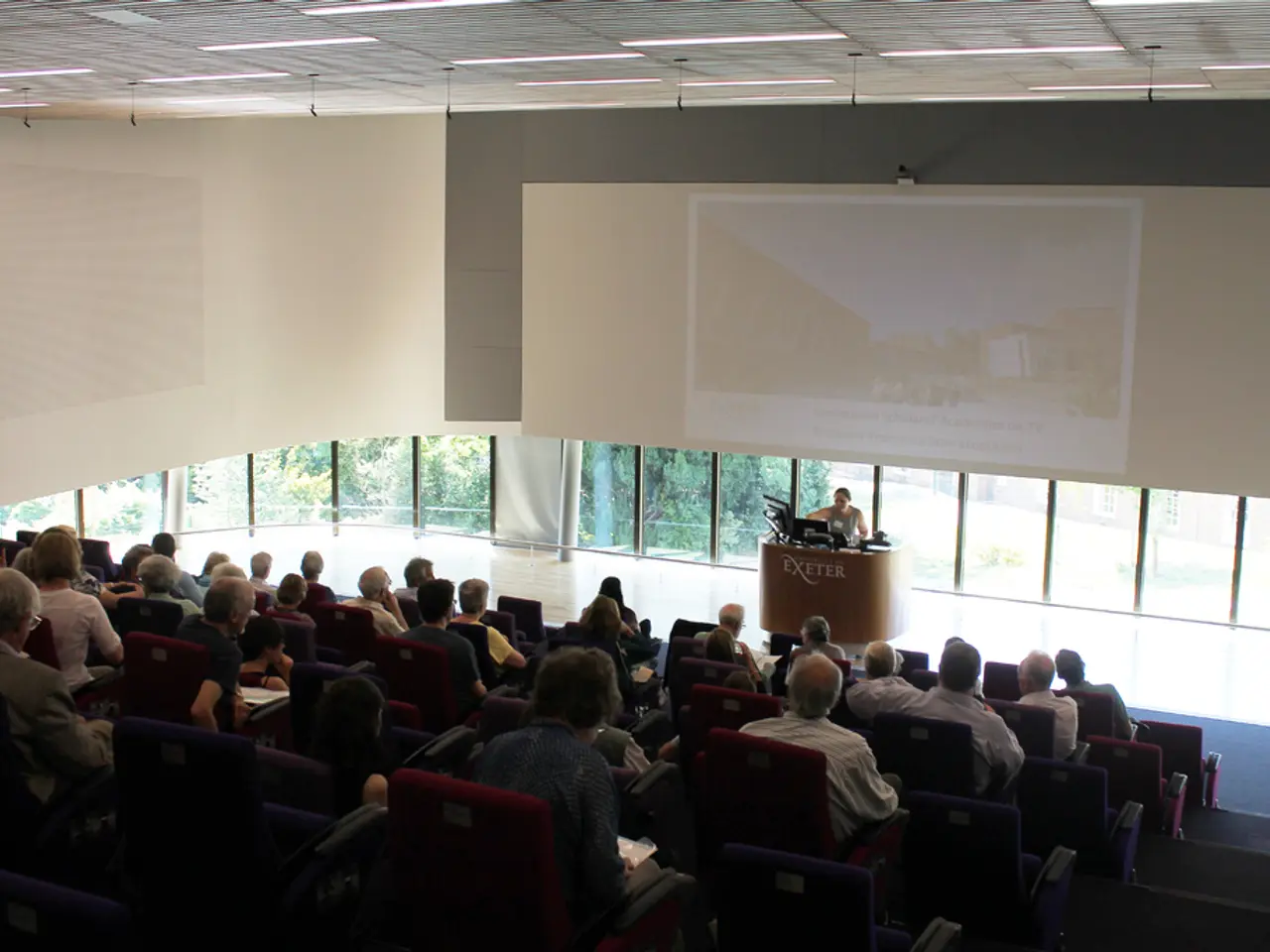Guidelines for Ranking Academic Writing Workshops
Gathering Insights on Princeton's Writing Seminars: Alternative Approaches
For students seeking feedback on Princeton University's writing seminars, official student ratings may not be readily available. However, there are several alternative methods to obtain valuable insights.
- Reach out to Students Directly: Engage with Princeton-related online communities, forums, or social media groups, such as Reddit, Facebook groups, or LinkedIn, where students or alumni might share informal reviews or feedback about their writing seminars.
- University Resources and Departments: Email the Writing Center, the English Department, or the academic advising office at Princeton University to inquire if they have anonymized course evaluations or can connect you with students or faculty willing to share about the seminars.
- Contact Professors or Seminar Instructors: Directly reaching out to the instructors may provide general information about student experiences or outcomes.
- Third-Party Educational Platforms: Although The Princeton Review is unrelated to Princeton University writing seminars, platforms like The Princeton Review or tutor review sites sometimes have general course feedback on writing or essay prep from other contexts that could offer some ideas about similar course formats.
- Academic or Student Publications: Some student newspapers or academic blogs publish course reviews or interviews that include student opinions on seminars.
- Networking via Alumni Associations: Princeton alumni networks or associations may help connect you with alumni who have taken writing seminars and can share their feedback.
As the course selection process for the semester approaches, it's essential to consider various factors when choosing writing seminars. Class times, for instance, can significantly impact one's ability to focus. Late evening classes might not be ideal for those who tend to crash post dinner, while early morning classes might not be suitable for those who tend to sleep through them.
Moreover, being interested in the topic of a writing seminar can help maintain a good mood during class. Investing time into papers in writing seminars can lead to a satisfying final product, and the final product of research in writing seminars can be deeply satisfying.
Sleep-deprived students should consider timing classes according to their energy levels. There is no add/drop period for writing seminars, so choosing classes that one is excited about can be one of the best academic moments.
The concept of "motive" will become familiar in writing seminars, and reading course descriptions can reveal the variety of subject matter covered in writing seminars. Unfortunately, there is no way to see feedback provided on writing seminars by previous students. However, attending writing seminars is very important for focus and success, and there will be days in any course where interest may wane.
In conclusion, while official student feedback may not be publicly posted, these indirect methods are often the best way to gather credible perspectives on Princeton's writing seminars.
- For students interested in the junior paper writing program at Principia College, exploring education-and-self-development focused online communities, forums, or social media groups might offer insights from current students or alumni regarding their writing program learning experiences.
- As part of their research on various writing programs, some students may find it beneficial to compare and contrast Princeton University's writing seminars with those offered by other universities, learning about different teaching styles, course formats, and student outcomes.




